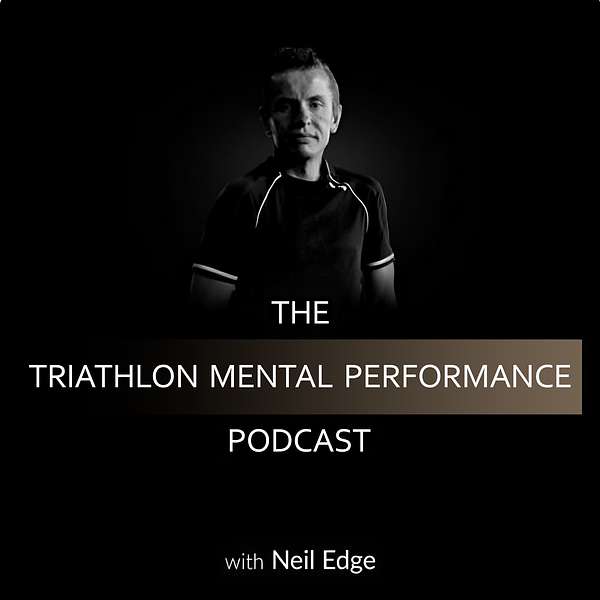
The Triathlon Mental Performance Podcast
This podcast is for you if you are a Triathlete that is interested in learning about tools and strategies to overcome challenges and to utilize the power of your mind to race faster.
I'm an experienced Triathlon Mental Performance Coach working with both Age Groupers and Pros.
Episodes will cover the following and more.
- How to improve your mental toughness
- Removing the possibility of panic attacks in open water
- Removing the fear of fast descents on your bike -
- Removing mental blocks to improve your race times
- Completely remove performance anxiety (you don't have to just cope with it)
- 4 weeks to race day - Strategies to arrive at your a-race feeling calm and confident, with race day mental strategies
I will also talk about specific tools that you can use to ensure that you race faster.
If you would like to learn more, you are welcome to join my Facebook group with 1100+ fellow Triathletes.
I share daily tips there about the above and more and so please click the following link to join.
www.facebook.com/groups/triathlonmindset
I'm also happy to answer any questions that you have about triathlon mindset and so you are welcome to contact me.
Have a great day.
Neil
The Triathlon Mental Performance Podcast
3 Mental Tools Every Triathlete Should Use This Off-Season
Episode Summary
Most triathletes use the off-season to rest their bodies.
But the athletes who progress fastest use this time to strengthen the one system that decides how far, fast, and calm they can go, their mind.
In this episode, I outline three practical, science-grounded tools to sharpen mental performance this off-season.
Each one teaches your brain to handle effort more efficiently, stay present for longer, and build belief that actually holds under pressure.
Whether you’re in recovery or already preparing for next season, these tools will help you return to structured training mentally fresher, calmer, and more in control.
What You’ll Learn
- Why the brain limits output early when it detects patterns of past discomfort, and how to retrain that prediction system.
- How the Controlled Discomfort Protocol builds tolerance to fatigue using safe, repeatable exposure.
- How to prevent mental drift and sharpen concentration with the Segment Reset Protocol.
- How to build deep, evidence-based belief with the Proof Bank method, and why it works better than motivation.
- How to train mental endurance alongside physical endurance for long sessions and race-day fatigue.
- The neuroscience behind why “effort familiarity” leads to faster, steadier performance under load.
Key Takeaways
- Effort is not threat. Use small, deliberate discomfort exposures to retrain the brain to interpret fatigue as safe.
- Attention is a skill. Reset every 10–15 minutes in longer sessions to maintain composure and clarity.
- Confidence is built, not imagined. Proof-based belief outlasts hype and sustains performance when fatigue hits.
- The best athletes train their nervous system year-round, not just their body.
- Off-season calm creates in-season speed.
Tools Mentioned (Quick Reference)
- Controlled Discomfort Protocol: One or two controlled “discomfort windows” per week to expand fatigue tolerance.
- Segment Reset Protocol: One deep exhale or cue every 10–15 minutes with the phrase “New segment, same purpose.”
- Proof Bank: Log one piece of performance evidence per week — your brain learns from proof, not promises.
Work With Me
If you’re considering improving your mental game this off-season, this is exactly what my Ongoing Performance Program is designed for.
Every athlete begins with a comprehensive Mental Performance Assessment.
From there, I build a structured plan with specific tools and strategies matched to your current phase, integrating both your training and your wider life.
We’ll work on sharper focus, stronger emotional control, and better decision-making under fatigue, all grounded in neuroscience and performance psychology.
The outcome is simple:
When training ramps up, your mind is already calm, composed, and ready to perform.
📩 Email: neil@neiledge.com
Connect
- Private Facebook group (1,700+ triathletes): www.facebook.com/groups/triathlonmindset
- Instagram (daily tools): www.instagram.com/triathlon_mental_performance
- Buy me a coffee (support the podcast): www.buymeacoffee.com/neiledge